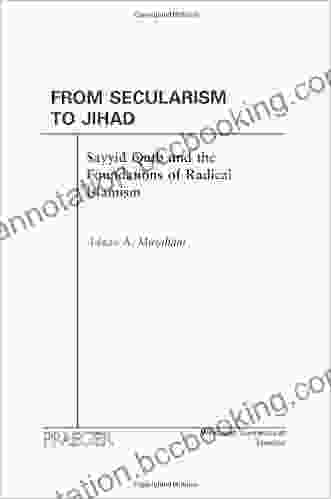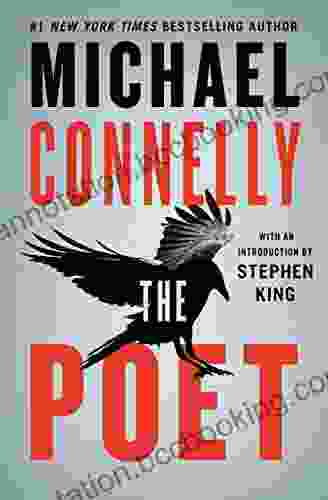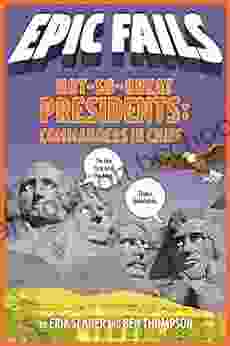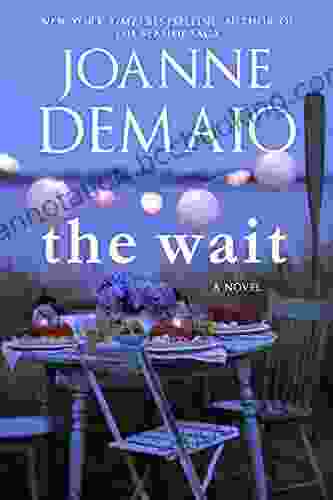From Secularism to Jihad: A Journey of Faith and Terror


In the wake of the September 11th attacks, the world has been grappling with the rise of Islamic extremism. In "From Secularism to Jihad," author Salman Rushdie explores the complex factors that have led to the growth of this dangerous ideology. Drawing on his own experiences as a Muslim who grew up in a secular society, Rushdie argues that the rise of Islamic extremism is a direct result of the failure of secularism to provide a meaningful alternative to religious belief.
5 out of 5
| Language | : | English |
| File size | : | 2276 KB |
| Text-to-Speech | : | Enabled |
| Screen Reader | : | Supported |
| Print length | : | 280 pages |
Rushdie begins by tracing the history of secularism in the Muslim world. He argues that the concept of secularism was first introduced to the Middle East by European colonizers in the 19th century. However, secularism never took hold in the region in the same way that it did in Europe. In the Muslim world, secularism was often seen as a foreign import that was incompatible with Islam.
As a result, many Muslims turned to religion as a source of identity and meaning. This was especially true in the aftermath of the collapse of the Ottoman Empire, which left many Muslims feeling lost and disoriented. In the vacuum left by the Ottoman Empire, a new generation of Islamic thinkers emerged who argued that Islam was the only true path to salvation. These thinkers rejected secularism and called for a return to the traditional values of Islam.
Rushdie argues that the rise of Islamic extremism is a direct result of this failure of secularism. He argues that secularism has failed to provide Muslims with a meaningful alternative to religious belief. As a result, many Muslims have turned to religion as a source of identity and meaning. This has created a fertile breeding ground for Islamic extremism, which offers a simple and straightforward answer to the complex problems of the modern world.
Rushdie concludes by arguing that the only way to defeat Islamic extremism is to provide Muslims with a meaningful alternative to religious belief. This alternative must be based on the values of tolerance, pluralism, and human rights. Only by providing Muslims with a viable alternative to religious belief can we hope to defeat the scourge of Islamic extremism.
Reviews
"From Secularism to Jihad" has been praised by critics for its insights into the rise of Islamic extremism. The New York Times called it "a brilliant and timely book" that "sheds new light on one of the most pressing issues of our time." The Washington Post called it "a must-read for anyone who wants to understand the roots of Islamic extremism."
"From Secularism to Jihad" is a powerful and provocative book that challenges our assumptions about the nature of religious belief. It is a must-read for anyone who wants to understand the rise of Islamic extremism and the challenges facing the Muslim world today.
About the Author
Salman Rushdie is an Indian-born British writer whose novels have been translated into over 40 languages. He is best known for his novel "The Satanic Verses," which was banned in many Muslim countries and led to a fatwa being issued against him by the Iranian government. Rushdie has been a vocal critic of Islamic extremism and has written extensively about the challenges facing the Muslim world.
5 out of 5
| Language | : | English |
| File size | : | 2276 KB |
| Text-to-Speech | : | Enabled |
| Screen Reader | : | Supported |
| Print length | : | 280 pages |
Do you want to contribute by writing guest posts on this blog?
Please contact us and send us a resume of previous articles that you have written.
 Book
Book Novel
Novel Page
Page Chapter
Chapter Text
Text Story
Story Genre
Genre Reader
Reader Library
Library Paperback
Paperback E-book
E-book Magazine
Magazine Newspaper
Newspaper Paragraph
Paragraph Sentence
Sentence Bookmark
Bookmark Shelf
Shelf Glossary
Glossary Bibliography
Bibliography Foreword
Foreword Preface
Preface Synopsis
Synopsis Annotation
Annotation Footnote
Footnote Manuscript
Manuscript Scroll
Scroll Codex
Codex Tome
Tome Bestseller
Bestseller Classics
Classics Library card
Library card Narrative
Narrative Biography
Biography Autobiography
Autobiography Memoir
Memoir Reference
Reference Encyclopedia
Encyclopedia Janet Margot
Janet Margot Christina Hillsberg
Christina Hillsberg Gabriele Corcos
Gabriele Corcos O Thomas Gift
O Thomas Gift Irfan Orga
Irfan Orga Darren Levine
Darren Levine Jocko Willink
Jocko Willink Kindra Hall
Kindra Hall Comni S Art Publishing
Comni S Art Publishing Ron Kittle
Ron Kittle Gita Piramal
Gita Piramal Charles Evans
Charles Evans Jon A Archambault
Jon A Archambault Gary Marmorstein
Gary Marmorstein Gajendra Kumar
Gajendra Kumar Christopher A Janicak
Christopher A Janicak Jack Porter
Jack Porter Tim Thayne
Tim Thayne Michael Johns
Michael Johns Jim Blandy
Jim Blandy
Light bulbAdvertise smarter! Our strategic ad space ensures maximum exposure. Reserve your spot today!
 Ian PowellFollow ·4.1k
Ian PowellFollow ·4.1k Lucas ReedFollow ·12.9k
Lucas ReedFollow ·12.9k Adrian WardFollow ·4.2k
Adrian WardFollow ·4.2k Albert CamusFollow ·11.4k
Albert CamusFollow ·11.4k Colton CarterFollow ·17k
Colton CarterFollow ·17k Justin BellFollow ·5.5k
Justin BellFollow ·5.5k Israel BellFollow ·4k
Israel BellFollow ·4k Heath PowellFollow ·14.4k
Heath PowellFollow ·14.4k
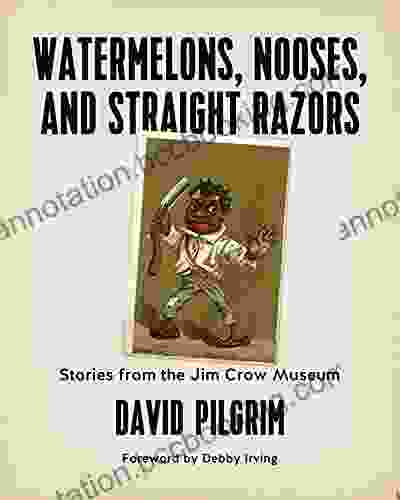
 Voltaire
VoltaireStories From The Jim Crow Museum: Unveiling the Haunting...
A Journey into the Depths of...
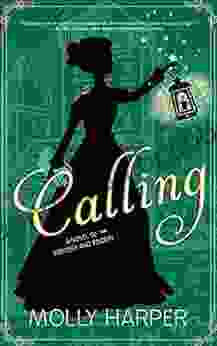
 F. Scott Fitzgerald
F. Scott FitzgeraldCalling Sorcery And Society: Illuminating the...
: The Alluring Embrace of Sorcery ...

 Marcel Proust
Marcel ProustBranding Bud: Unveiling the Green Rush
As the legalization...
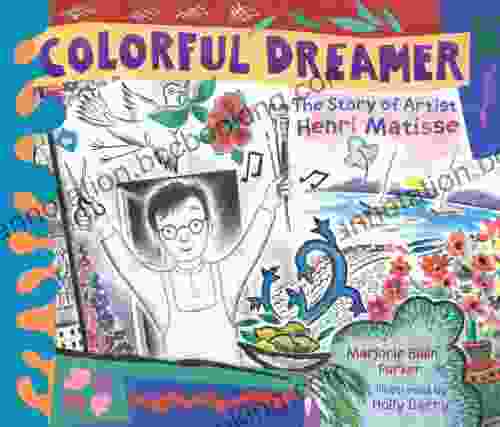
 Henry Wadsworth Longfellow
Henry Wadsworth LongfellowColorful Dreamer: The Story of Artist Henri Matisse
Henri Matisse was a French artist...
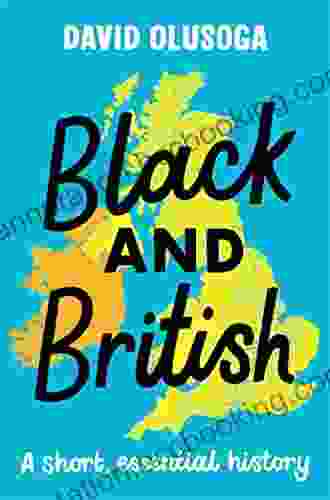
 Adrian Ward
Adrian WardDelving into the Tapestry of Black British Identity: A...
In the realm of historical...
5 out of 5
| Language | : | English |
| File size | : | 2276 KB |
| Text-to-Speech | : | Enabled |
| Screen Reader | : | Supported |
| Print length | : | 280 pages |


